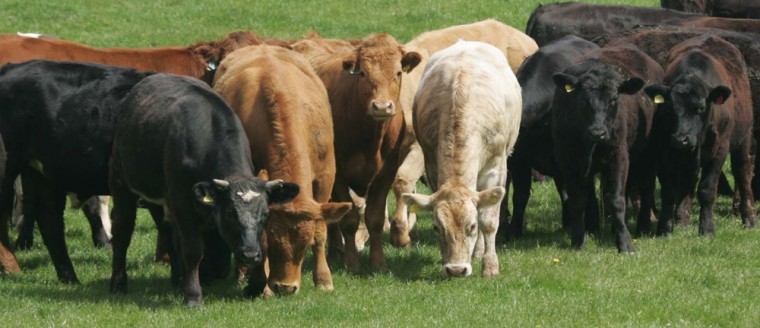Mary Vickers, COWS representative and AHDB Beef and Lamb senior scientist explains that incidences of lungworm are hard to predict and have been consistently reported across the country in recent years.
“As producers look ahead to spring grazing, control of the parasite should be a key consideration,” says Dr Vickers.
“Planning ahead, and speaking to your vet, SQP, farm adviser or veterinary pharmacist to implement a bespoke parasite control plan, that considers an integrated approach to parasite control, is a good starting point.
“For lungworm specifically, incorporating vaccination into your parasite control plan, will help reduce the risk of any performance setbacks as a result of potential worm burdens.”
She explains that lungworm outbreaks are most commonly seen in first-year grazing calves exposed to the parasite for the first time, when they have no immunity and are therefore completely unprotected.
But, occasionally outbreaks are seen in non-immune adult cattle that have had little, or no, previous exposure.
“The key factor is to build up immunity, which is best achieved by vaccinating calves, particularly on farms with a history of lungworm disease.
“Vaccinating young stock against lungworm should ideally be done prior to grazing. Two doses of the vaccination should be given four weeks apart, and to calves over eight weeks of age, to allow a high level of immunity to develop.
“There needs to be a period of up to two weeks after vaccination where calves must not be exposed to potential lungworm threats. It’s therefore important to plan in advance the purchase of vaccines and consider the correct time for administration, so calves are protected when they’re first exposed to the parasite.
“When beef farmers are dependent on consistent growth rates, and dairy farmers are relying on rearing healthy, productive heifers, controlling lungworm infection is key to ensure productivity and clinical well-being is not detrimentally affected.”
For more information on the sustainable control of cattle parasites, please visit the COWS website at www.cattleparasites.org.uk or follow on twitter @COWSworms and Facebook.




